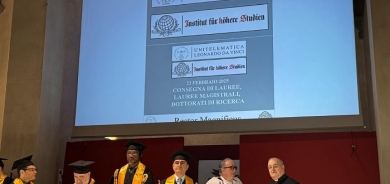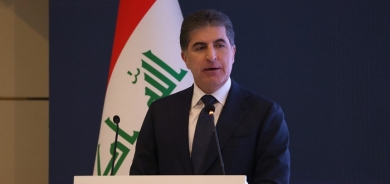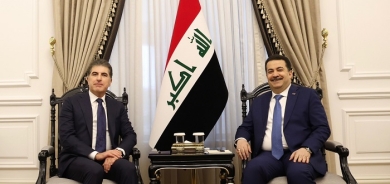Iraqi Court Sentences Three Kurdish Farmers to Two Years in Prison Amid Ongoing Land Dispute

Erbil, Kurdistan Region – An Iraqi court has sentenced three Kurdish farmers to two years in prison following a land dispute in Mansur Haftaghar village that escalated into a physical altercation last month. The ruling has sparked outrage among local Kurdish communities and prompted accusations of judicial bias.
The Daquq court’s decision favored Faiz Mahmoud, an imported Arab settler, who filed the complaint against the Kurdish farmers, according to Kurdistan 24. The court convicted brothers Saman and Khaled Nawzad, along with Mohammad Najat, under Article 413 of the Iraqi Penal Code.
Mohammad Ibrahim, a member of the Mansur village council, denounced the ruling as “unjust and illegal.” He argued that the punishment for the alleged offense should not exceed six months in prison, criticizing the judge’s decision as “clearly siding with the imported Arabs.” The term “imported Arabs” refers to non-indigenous Arabs relocated to the disputed territories by the federal government as part of a controversial policy.
The case highlights the broader issue of land ownership in Iraq’s disputed territories, where tensions have persisted since the federal government took control of Kirkuk following the Kurdish independence referendum in 2017. The region has since been the site of ongoing land disputes between Kurdish farmers and settlers brought in under Iraq’s Arabization policies.
Local sources claim that the physical altercation between the farmers and settlers was captured on surveillance cameras originally installed by the Iraqi army to monitor Islamic State (IS) movements. However, the footage was reportedly handed over to Arab settlers, who presented it as evidence against the Kurdish farmers in court.
Kurdish farmers in the region have long accused Iraqi authorities of favoring settlers over indigenous communities and impeding their access to farmland, particularly during critical harvest periods. Appeals have been made to the Kurdistan Regional Government (KRG), the Deputy Speaker of the Iraqi Parliament, and the Iraqi Prime Minister, but no resolution has been reached so far.
The court’s decision has fueled calls for a review of the legal process and highlighted the need for greater protections for Kurdish farmers in the disputed territories. Tensions in the area remain high as Kurdish communities continue to advocate for their land rights and seek intervention from regional and federal authorities.












